What is Apple HomeKit? Explaining the smart home system and whether you should get it
If you're an Apple fan and want a smart home, then HomeKit is the obvious answer - but is it any good?
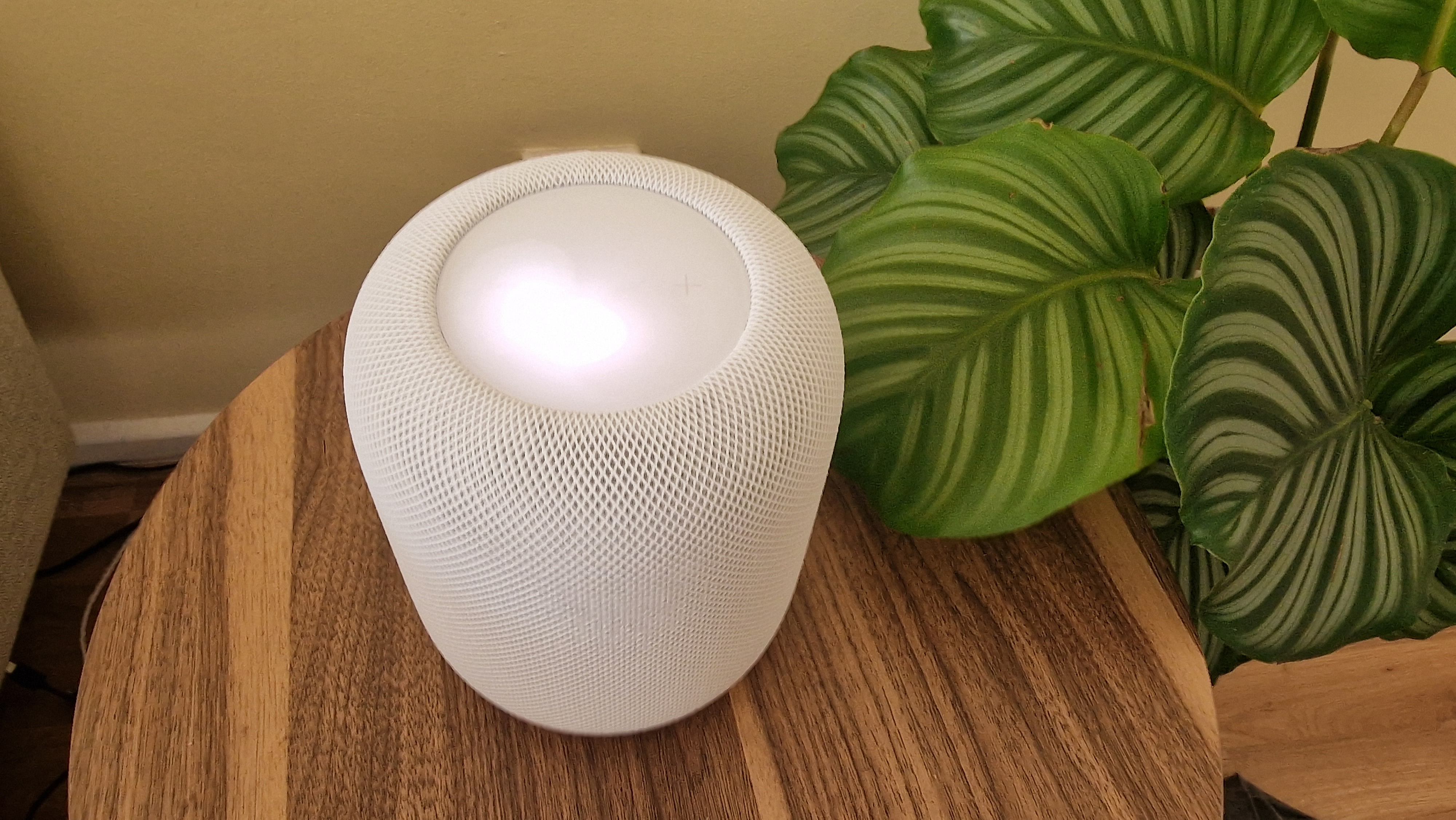
If you've yet to jump into the wonderful world of smart homes, or you're just curious about your options outside of Alexa and Google, then your attention may have been caught by HomeKit at one time or another. Apple's smart home platform to rival Alexa and Google Assistant, it's a slightly different - but no less appealing - proposition for those wanting to add more automation to their home.
HomeKit was actually launched back in late 2014, but it has obviously evolved a lot since then. The Home app, which is what we use now, arrived a couple of years later in 2016, becoming available for iPhone, iPad, and Apple Watch users. Since 2018, you have also been able to control home devices with the HomePod and HomePod mini.
We'll discuss the ways you can access Siri and HomeKit in this article, but the basic idea of HomeKit is a smart home platform that prioritizes Apple devices and other compatible brands. Keep reading, and take a look at our guide to the best smart speakers for more.
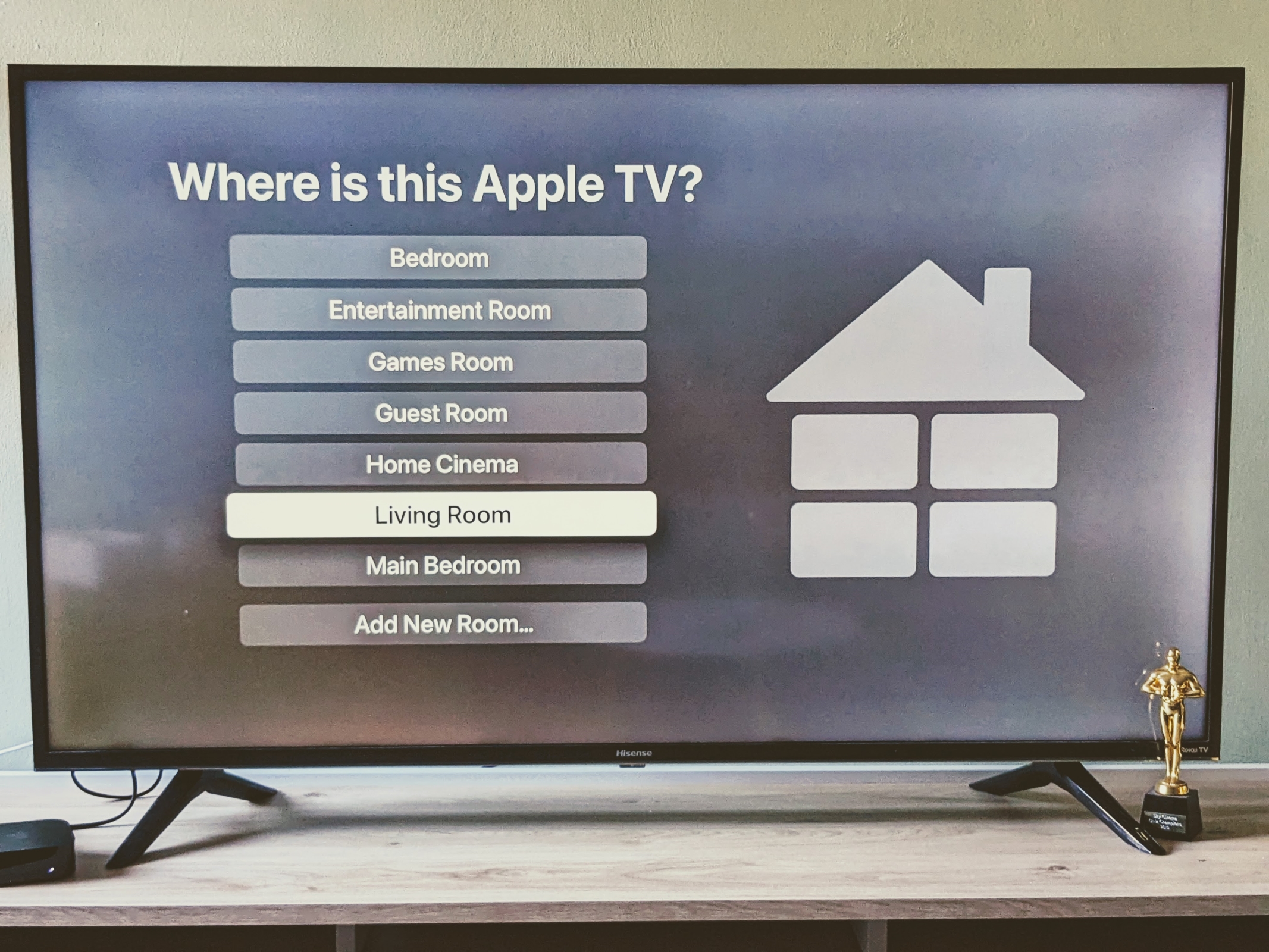
What do you use HomeKit for?
Boiled down to the simplest terms, HomeKit is essentially the name for Apple's smart home platform. Like Amazon's Alexa or Google's Assistant, HomeKit is where control for all of your home's smart tech and devices resides and can be accessed or controlled via Siri voice commands, your phone, or from other Apple-branded devices like Apple TV or iPads.
Siri is Apple's virtual assistant, and they are who will respond to you when using voice commands. For some inspiration for how you can use them to control your home, take a look at our tricks to make Siri work harder.
As we'll go into in the next section, smart home devices that are compatible with HomeKit are more limited than those compatible with the likes of Alexa but, if you choose carefully, there's not much you won't be able to automate, from the best wireless doorbells to air conditioners and smoke alarms.
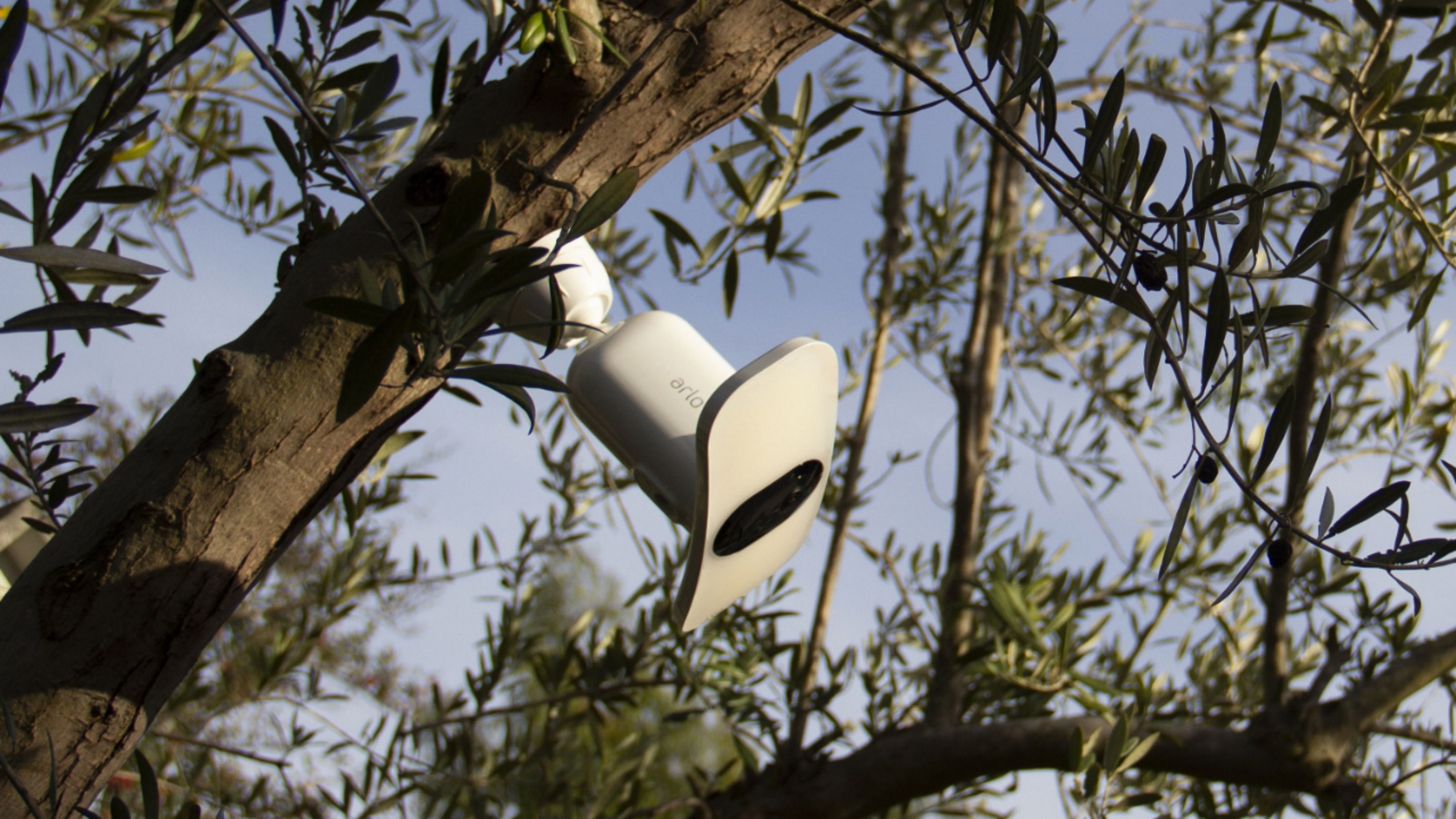
What are the disadvantages of HomeKit?
Apple is known for quality control, and it has transported its discerning nature to its smart home controls. This means that there are far fewer compatible brands and devices for HomeKit users, but pretty much every area is covered in some way. According to the official Apple site, 50 brands currently offer compatibility, including Arlo, Hive, LIFX, Philips Hue, Bang & Olufsen, and JBL.
The Livingetc newsletters are your inside source for what’s shaping interiors now - and what’s next. Discover trend forecasts, smart style ideas, and curated shopping inspiration that brings design to life. Subscribe today and stay ahead of the curve.
The other limitation is your choice of smart speaker, as Apple currently only offers two options - the HomePod 2 and HomePod mini. While the mini is very reasonably priced at around $99, the more recently-released HomePod (2nd Gen) comes closer to $300 - very expensive in the realm of best smart speakers.
In general, committing to HomeKit for your smart home will also steer you towards Apple's other services, whether that's Apple Music or an Apple Watch, as they will work much more seamlessly than those running on Android or another platform.
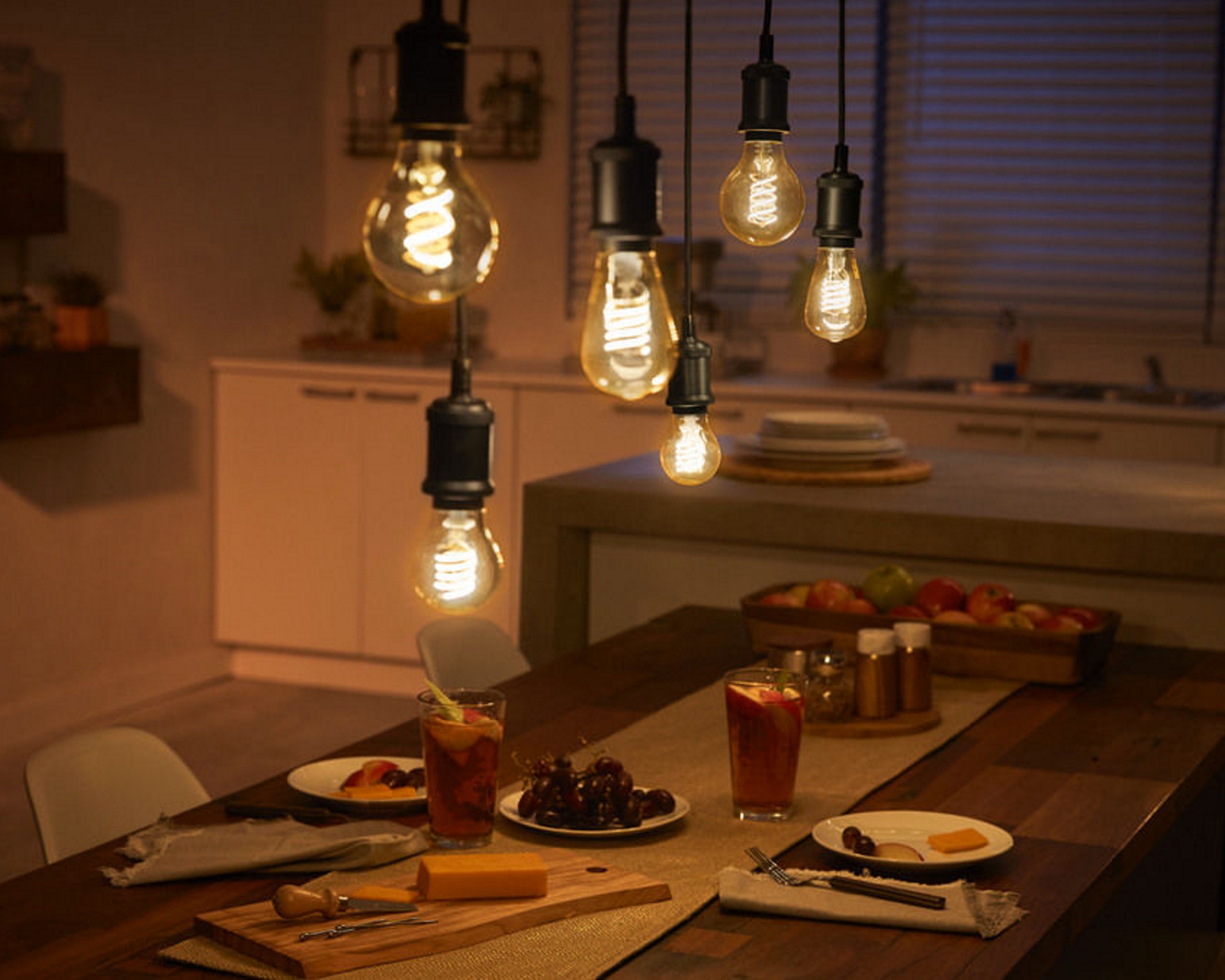
Why would you choose HomeKit over Alexa and Google?
Now that we've gone over the reasons why you wouldn't buy into HomeKit's ecosystem, how about some reasons why you would?
A system purpose-built to work together - Alexa and Google Home may win for the number of devices that work with their smart home systems, but Apple has second-to-none brand loyalty. A smaller number of devices means that everything can run smoothly together, whether that's Apple-branded speakers or the best smart light bulbs from third-party brands.
Smart speaker quality - Apple's smart speakers are a cut above the rest when it comes to sound quality, with even the more budget HomePod mini impressing with its bass levels and 360 audio output. Most smart speakers aren't known for their performance in this area, so those who want their smart home hubs to also offer top-quality audio will do well with either HomePod.
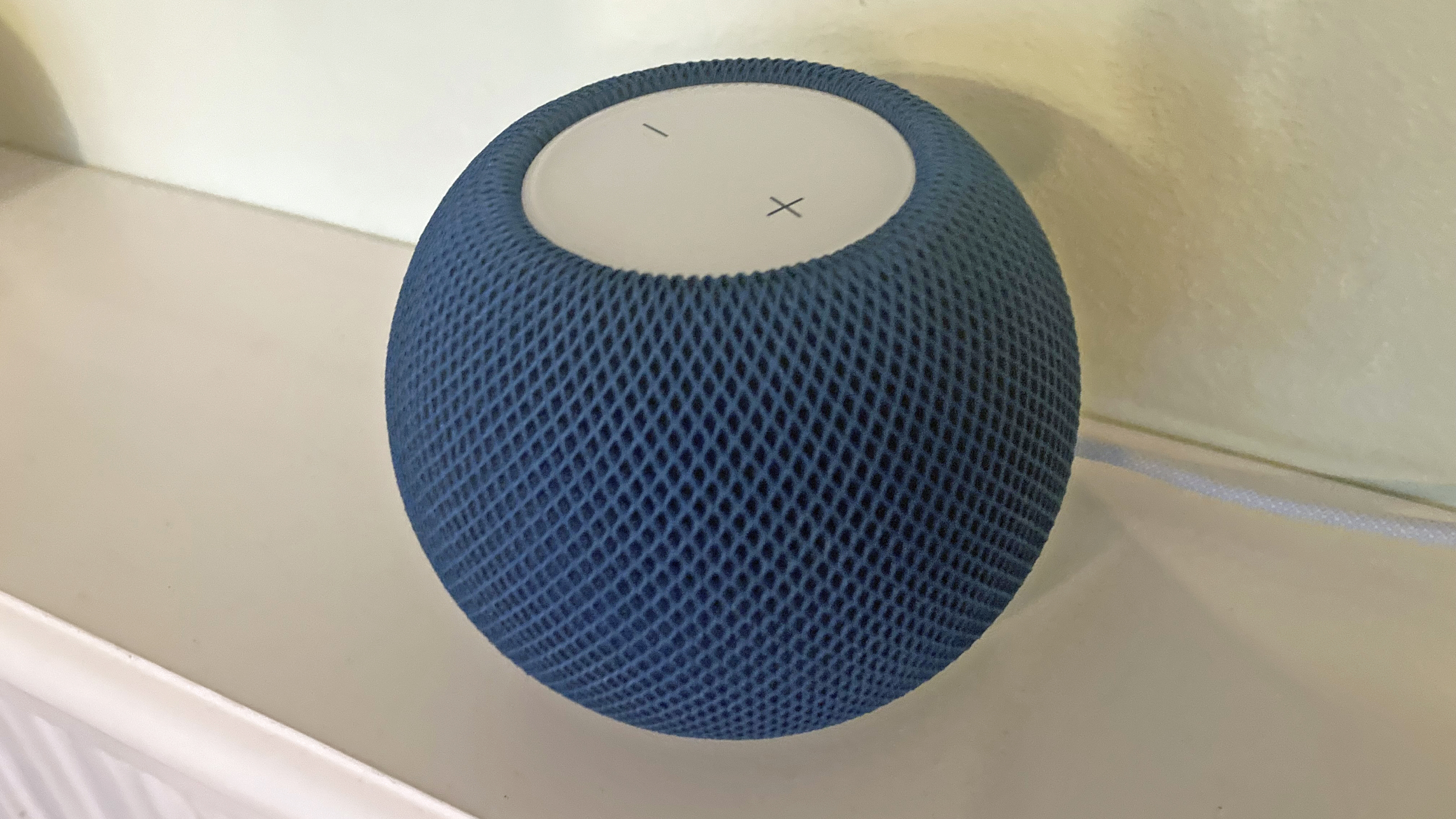
How do you get HomeKit?
If you've decided on HomeKit, then your next step will be to purchase a device that acts as a hub for your new smart home. It is almost always best to assign this job to a smart speaker (the HomePod 2 or HomePod mini in this case), as they're the simplest way to control your other devices as you build out your system. Products like iPhone, Apple Watch, and Apple TV do also have Siri on-board, however.
Caroline was formerly smart home ecommerce editor for Livingetc, covering everything tech for the home, from smart speakers to air purifiers and everything in between. She is passionate about technology and smart devices and their role in daily life, enhancing the home without sacrificing personal style and carefully chosen interiors. In her spare time, she can be found tinkering with bulbs, soundbars, and video doorbells in an effort to automate every part of her small home. Previously, she lent her expertise to the likes of Expert Reviews, IT Pro, Coach, The Week, and more.